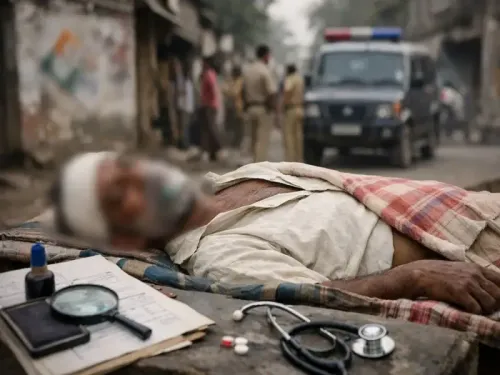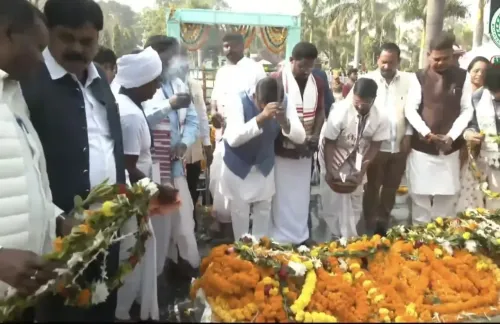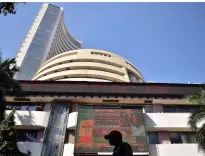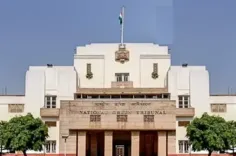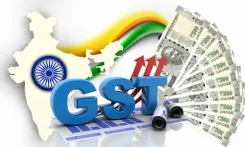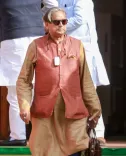Are Democratic Norms in Bangladesh Eroding After Recent Rulings Against Sheikh Hasina and Her Family?
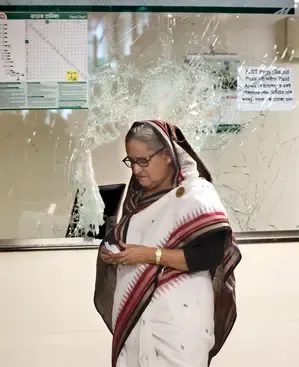
Synopsis
Key Takeaways
- International condemnation of verdicts against Sheikh Hasina.
- Concerns about democratic backsliding in Bangladesh.
- Allegations of misuse of the justice system for political ends.
- Call for adherence to international fair trial standards.
- Urgent recommendations for abolishing the death penalty.
London, Dec 10 (NationPress) International human rights attorneys have sharply criticized the recent rulings from Bangladesh's judicial system against former Prime Minister Sheikh Hasina, a leading figure in the Awami League, and her relatives, asserting that these decisions do not adhere to established legal standards and signify a decline in democracy.
They caution that the judicial framework may be manipulated as a mechanism for political rivalry.
On November 17, Bangladesh’s International Crimes Tribunal (ICT) imposed a death sentence on Hasina after convicting her of crimes against humanity tied to events from last July.
Additionally, two of Hasina's senior aides were sentenced: former Home Minister Asaduzzaman Khan Kamal received a death penalty, while Chowdhury Abdullah Al-Mamun, a former Inspector General of Police who testified for the state, was given a five-year prison term.
The International Bar Association's Human Rights Institute (IBAHRI), based in the UK, issued a statement on Tuesday asserting that executing someone following a trial that does not conform to international fair trial standards “would essentially constitute a summary execution and a blatant infringement of the right to life.”
“While seeking justice for human rights abuses is crucial, including concerning severe offenses committed during the past administration, the IBAHRI emphasizes that all legal processes must adhere to international fair trial safeguards and denounces the death penalty under any circumstances,” the statement noted.
It further indicated that the recent trials “appear to fall short of acknowledged legal protocols, signal a regression of democracy, and underscore a judicial system at risk of being exploited for political purposes.”
The IBAHRI highlighted that an international legal team representing Hasina has “pointed out issues with due process, such as the absence of formal charge notifications, denial of counsel of her choice, and dependence on a state-appointed attorney with whom she had no prior communication.”
Separately, on December 1, a court in Dhaka sentenced Hasina to five years in prison for irregularities concerning land allocations in the Purbachal New Town project.
Moreover, Hasina’s sister, Sheikh Rehana, received a seven-year sentence, while her niece, UK MP Tulip Siddiq, was sentenced to two years.
Mark Stephens, co-chair of IBAHRI, condemned the ruling, stating, “Reports of harassment and intimidation of defense lawyers in representing their clients, as evidenced in Tulip Siddiq’s situation, undermine the essence of a fair trial and jeopardize the rule of law in Bangladesh. Such actions represent a significant abuse of state power.”
He urged that the interim government led by Muhammad Yunus “must guarantee that legal professionals can operate safely and independently, ensuring a true commitment to justice rather than political vengeance.”
The institute called on Bangladesh's interim government to cease all executions, implement a formal moratorium on the death penalty, and pledge to its complete and permanent abolition.


